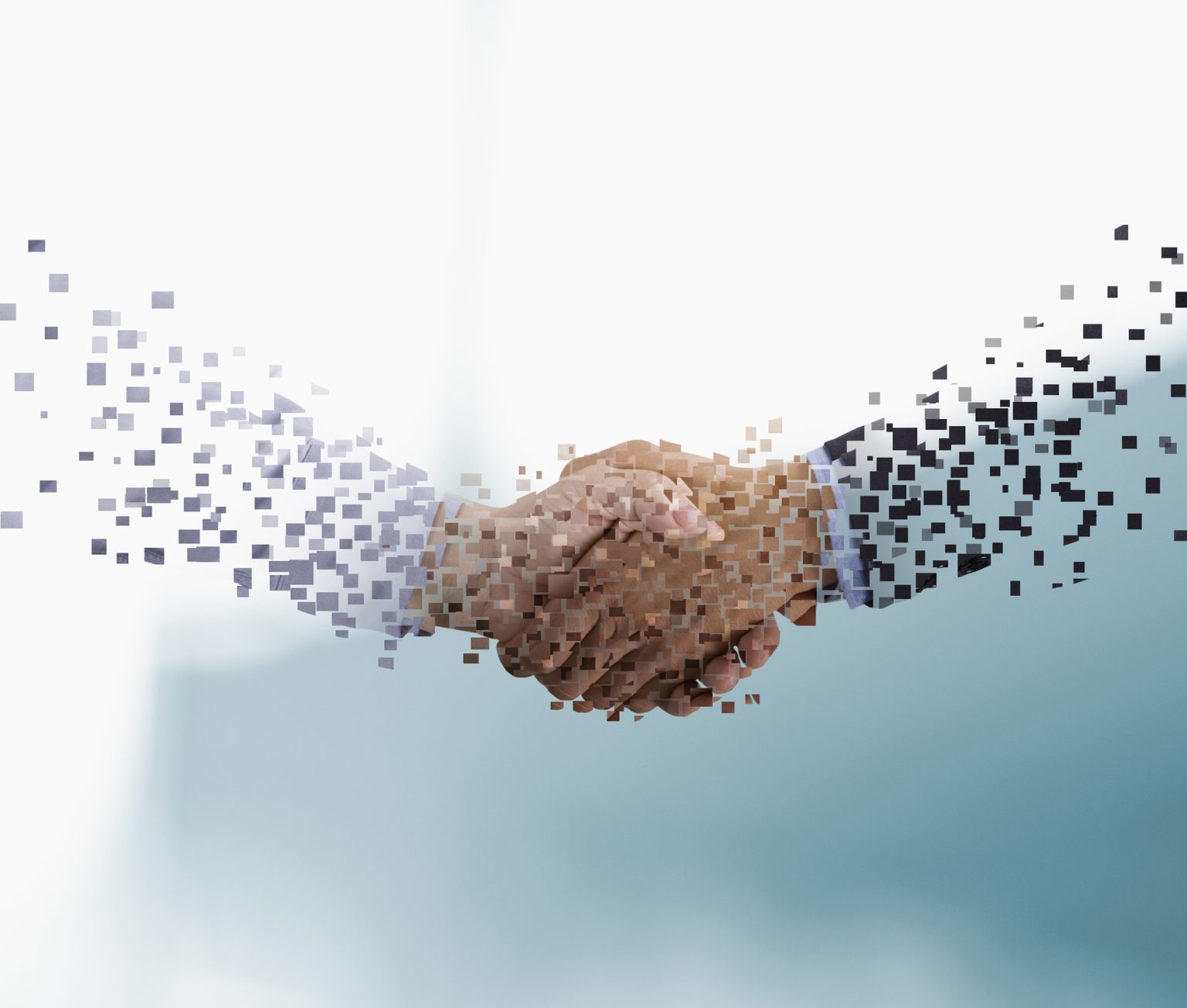In the digital age, artificial intelligence (AI) is reshaping how we interact with each other and the world around us. While AI offers incredible opportunities, it also reveals the biases and prejudices present in our society. The algorithms that power AI are built on flawed data that reflect our past biases, assumptions, and blind spots. This leads to biased and unjust outputs that perpetuate historical inequalities in a new digital form. For example, AI-based recruitment software may show bias towards male candidates, while AI in the U.S. justice system may recommend harsher sentences for Black offenders compared to white offenders for the same crimes.
To address the issue of bias in AI, we need to revolutionize our approach to how AI systems are designed. Instead of simply reflecting our world, AI should be used to help reimagine and rebuild a more equitable society. This calls for AI systems that are built with the richness of human diversity at their core. It is a pivotal moment for us to transform AI from a mere digital tool to a catalyst for social change.
Unbiased AI has the potential to bring about positive transformations in various aspects of society. For example, education systems could be designed to adapt to the individual needs of every learner, while hiring practices could focus on skills and qualifications rather than demographic factors. By embracing unbiased AI, we can create a more inclusive and fair society where everyone has equal opportunities to thrive.
It is crucial to recognize that bias in AI is not just a technical issue, but a reflection of the societal injustices that exist. By addressing bias in AI, we can work towards creating a more just and equitable future for all. It is important to acknowledge the role that AI plays in perpetuating inequalities and to take proactive steps to ensure that AI systems are designed with fairness and inclusivity in mind.
In conclusion, the impact of AI on society is significant, and it is essential to address bias in AI to create a more equitable future. By reimagining how AI systems are designed and implemented, we can harness the power of AI to bring about positive social change. This requires a collective effort to challenge biases and prejudices within AI systems and to build a more inclusive and fair society for all.









